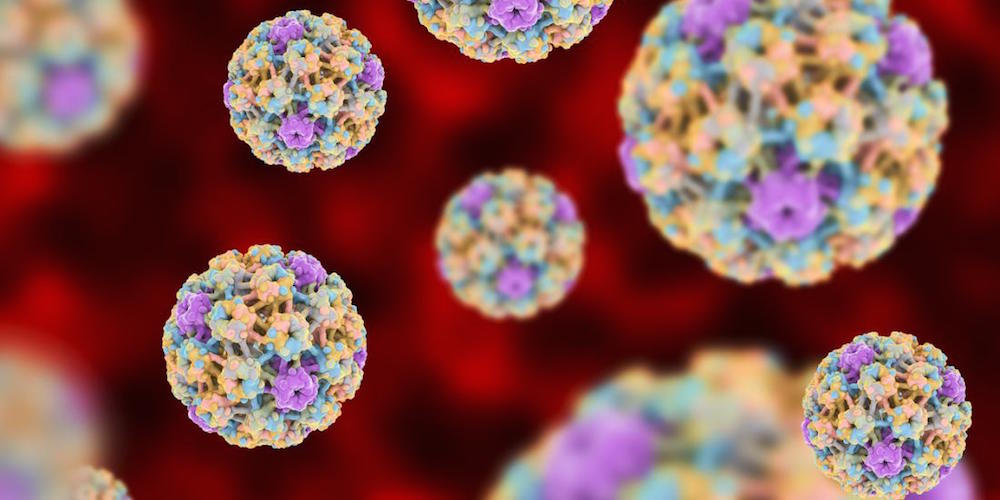
02 Jan Facts and Myths About Cervical Cancer
January is Cervical Cancer awareness month and thousands of women of all ages in Puerto Rico are affected by it. The incidence of cervical cancer locally continues to increase, placing its average at 14 per 100,000 women, according to the most recent statistics from the Central Cancer Registry of Puerto Rico. Meanwhile, HPV continues to be one of the most important sexually transmitted infections in the world due to its health implications, the most commonly known being cervical cancer. At San Cristobal Cancer Institute, we are deeply committed to women’s health and to the development of education and community programs that serve to empower our patients across all ages. For starters, there’s a lot of misinformation about cervical cancer and Pap tests, so we’ve put together a list of most common myths (versus actual facts) to share with our patients (or with the patients of our referring physicians and community partners):
- Myth: Cervical cancer can’t be prevented.
- Fact: Cervical cancer CAN and should be prevented. Screening can find abnormal cells on the cervix before they become cancer, and if these changes are found and treated early, patients can take a proactive stance in the prevention of cervical cancer. Most cervical cancers are caused by the human papillomavirus (HPV). There is a vaccine that protects against types of HPV that cause most cervical cancers.
- Myth: The cause of cervical cancer is unknown.
- Fact: Most cervical cancers are caused by a common virus called HPV which is easily spread through sexual contact, including intimate touching, oral, vaginal and anal sex. 3It is estimated that 3 out of 4 sexually active people will get HPV at some point in their lives – often without knowing it.
- Myth: If you have HPV, you will develop cervical cancer.
- Fact: There are more than 100 types of HPV – some types are high risk for cervical cancer, while others are not. Usually, the body’s immune system clears the virus by itself within 2 years. However, for some women the HPV does not clear from the body and over time, it can cause abnormal cell changes in the cervix that you cannot see or feel. These abnormal cells can develop into cervical cancer if they are not found and treated early enough.
- Myth: Mostly promiscuous women get cervical cancer.
- Fact: It’s not a numbers game. Women who have had only one partner can develop cervical cancer. However, there is still a big factor of uncertainty: No one can pinpoint exactly why one woman may develop cervical cancer and another may not.
- Myth: Cervical cancer only occurs in less developed countries.
- Fact: Cervical cancer affects women in all countries, developed or not. Cervical cancer is more common in less developed countries because there are no organized cervical cancer screening programs. San Cristobal Cancer Institute (and our sister companies Hospital San Cristóbal and Centros San Cristóbal) can provide a wide array of screening options for patients in Ponce, Santa Isabel, Juana Díaz, Villalba and beyond.
- Myth: All women need an annual Pap test to screen for cervical cancer.
- Fact: Annual screening is not recommended for women at average risk. It is recommended that women between the ages of 25 to 69 get screened for cervical cancer every three years.
- Myth: Older women don’t need cervical cancer screening.
- Fact: Cervical cancer screening can stop at age 69 if your results have always been normal. Patients should consult with their doctor or health care provider if and when they should get tested.
- Myth: Women who have received the HPV vaccine don’t need Pap tests.
- Fact: Regular Pap tests are still necessary for women who have had the HPV vaccine. The vaccine protects against some types of HPV, but not all.
Learn More:
Want to learn more about Cervical Cancer and treatment options? Review our helpful Education materials or Contact Us to learn more about how our team can help cancer patients of all ages in Ponce and beyond. At San Cristóbal Cancer Institute we are your dedicated allies in health.
Are you a Referring Physician?
Share this great medical content with your patients today, join our Referral Network or Contact Us to learn more about how together we can improve the lives of cancer patients and their families.
